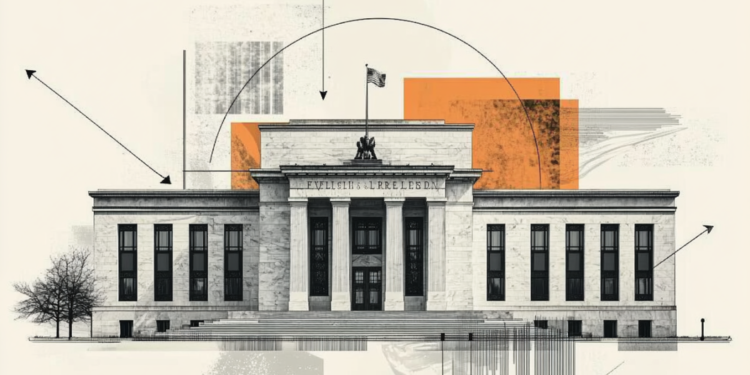Investments in the financial market recorded growth in the first half of 2022. According to the Financial Stability Report of the Central Bank of Brazil (BCB), this is the second consecutive semester of growth in the country. The report was released this Thursday (3).
According to the document, the increase in investments in the semester was characterized by an increase in demand for more profitable assets with longer maturities. The BC points out that this increase was due to “the maintenance of the rate convergence behavior practiced by the various segments and the stability in the stock of funding coming from the foreign market.”
In absolute terms, the highlight of growth was the term deposit portfolio. In relative terms, the evolution of the Agribusiness Letter of Credit (LCA) portfolios was 38%, the Real Estate Letter of Credit (LCI) increased by 25%, and the Financial Letter (LF) recorded growth of 28%.
Contrary to investments in variable income, savings accounts registered a 2% drop in the balance. According to the report, the fall in the stock remained on the same trend as in the second half of 2021, and is due to the loss of competitiveness of savings in relation to other types of investment.
Also according to the BC, the funding profile by type of investor remained practically stable in the period. Furthermore, the concentration of this type of investment in the National Financial System continues to decline. “The volume raised by banks in the S1 segment represented 72% of the total in June 2022.”, they highlight.
country’s financial stability
The Central Bank assessed that the stability of the national financial system is out of risk. According to the institution, “capital stress tests” demonstrate that the banking system is resilient to the current economic and political situation.
“For the SFN professionals consulted, the degree of confidence in the System’s resilience increased, as did the perception of economic activity recovery. Financial institutions (FIs) assess that fiscal risks remain relevant, reflecting concerns about recent measures and uncertainties related to the next presidential term.
Source: CNN Brasil
Joe Jameson, a technology journalist with over 2 years of experience, writes for top online news websites. Specializing in the field of technology, Joe provides insights into the latest advancements in the industry. Currently, he contributes to covering the world stock market.







